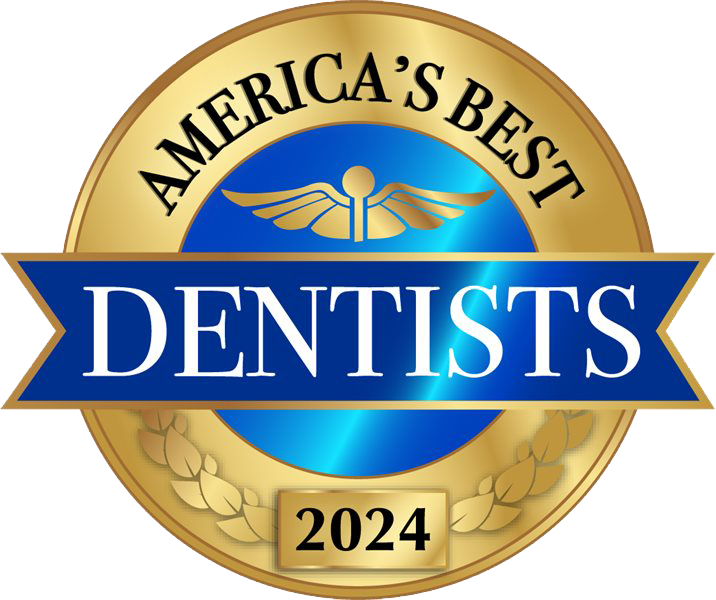Dental Implants That Regenerate Teeth?
Cherrywood Dental • August 4, 2016
This Could Be The Future of Restorative Treatment
You know that dental implants can accomplish amazing things for your health and your smile – but now, new findings are indicating that they might be able to help patients in ways we never imagined. This new type of implant is something a little different – it’s actually a scaffold that is placed in the socket left behind by a lost tooth. Over time, new tooth material actually growths within the scaffold – helping natural teeth grow within the mouth.
How is this incredible tissue growth possible? It all comes down to stem cells. Dental stem cells are actually present within dental pulp, and can potentially be used to regenerated additional dental tissue. This technology is a long ways away from being realized in the office, but the discovery is still exciting. While we’ve known about stem cells in dental pulp for some time, this tooth-growing technique is new to the research community. Here’s why it could matter for your smile – in the future.
Why Can’t Humans Regenerate Teeth?
It’s a question that has long frustrated both patients and dentists alike. But while we might not be able to regrow teeth on our own, with a little help, we could be building up smiles with simple implants. Dr. Jeremy Mao of Columbia University pioneered this technique in the school’s Tissue Engineering and Regenerative Medicine Laboratory. First, a 3D scaffold is composed; then, it is implanted in the mouth. In the nine weeks after implantation, stem cells migrate to the scaffold and initiate the growth of new dental tissue.
While it’s incredibly exciting to consider, we should remember that these capabilities have not undergone clinical trials and aren’t ready to be used on patients. But knowing that this kind of future potential lies in restorative dentistry makes the field all the more exciting. Even if you face tooth loss down the line, there’s a chance that you could grow your own new tooth. Combining natural potential, science, and modern dentistry leads to the happiest possible patient experience.
If you’ve been considering a dental implant without regrowth potential (we know, more boring than stem cells – but still incredibly beneficial to patients), we’re here to help – just schedule a consultation to talk about your implant candidacy.



